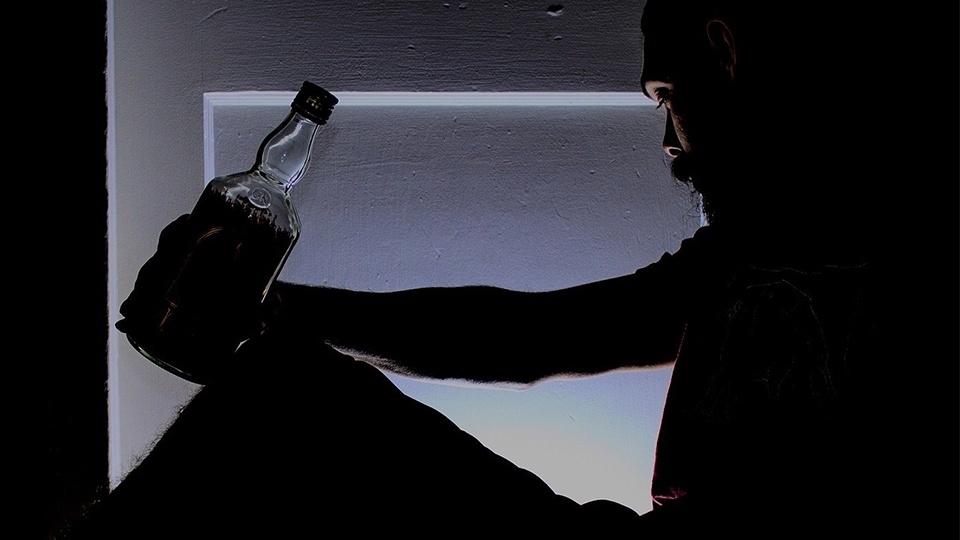‘Huge drink and drug issues’ across Greater Manchester revealed in public health report

Greater Manchester’s 'huge' problems with drink and drugs has been laid bare in startling new data.
Nine of the region’s ten boroughs have a higher rate of alcohol related deaths than the national average, Public Health England (PHE) have said.
Boroughs also worryingly have higher than average rates in a number of key alcohol and drug related health indicators.
And, with the region identified as a major hub for drugs gangs, campaigners have called for investment in addiction treatments to remain a top priority through the pandemic to combat the spiralling issues.
A Greater Manchester health partnership said it knows “that drugs and alcohol adversely affect our people, our communities and our public services more than in most other places in England”.
But the PHE data show the rates of alcohol related deaths in Manchester, Stockport, Oldham, Rochdale, Salford, Bolton, Bury, Tameside and Wigan are all higher than the national average for England.
The only borough across Greater Manchester with a lower than average rate of alcohol related deaths is Trafford.
Bolton, Manchester, Rochdale and Wigan are the worst affected boroughs and have higher than average rates for all key indicators; including alcohol related hospital admissions in adults and under 18s, alcohol related deaths and deaths caused specifically by alcohol.
It comes as Manchester has also recently been identified as a major hub for county lines drug gangs.
County lines gangs ship illegal substances out of cities to suburbs and rural areas via rail and road links using drug mules, who are often young adults or even children who are brutalised, groomed and intimidated.
Across Greater Manchester, 5,310 people are currently in treatment at specialist alcohol misuse services.
Wigan has the highest number of people in treatment at the moment with 893 getting help.
Of those embarking on specialist alcohol misuse treatments across the UK, not all complete them.
On average across England, 37.6 per cent of patients successfully complete their treatment, but across Greater Manchester the picture varies.
Oldham, Rochdale and Tameside all have below average treatment completion rates, but Manchester, Salford, Stockport and Trafford all have a higher than average treatment completion rates.
Support is available for those struggling with addiction across Greater Manchester.
Charity Change Grow Live (CGL) runs the Adult and Young People’s Drug and Alcohol Service in Manchester.
CGL works closely with councils, who commission and fund them to do work on their behalf.
The charity has supported a number of people and helped them beat addiction – including Dudley, who was addicted to crack cocaine for 27 years.
He said: “Change Grow Live helped me by sending me to rehab.
"I saw a light at the end of the tunnel and started to believe what I was being told.
“People gave me hope and here I am today, free from addiction and helping others, which I didn’t believe could ever happen.
“I’ve grown so much since I recovered. My children have a father, my grandchildren have a grandad, my dad has a son.
“My life now is just amazing.
"I like to class myself as a positive role model to those who are still lost and don’t believe in themselves.”
Councils also commission services to better support their residents struggling with addiction.
Alcohol is recognised as the biggest risk factor for death, ill health and disability for 15 to 49-year-olds in the UK and the fifth biggest risk factor for all age groups.
A national study led by Professor Dame Carol Black was published in February, before lockdown began.
It concluded then that the entire country was already suffering from under investment in addiction treatment services.
She said more funding for treatment services was vital.
The Greater Manchester Combined Authority said Mayor Andy Burnham “is acutely aware of the damage addiction can wreak on a person’s relationships, health and happiness.”
This prompted the authority, alongside Greater Manchester Health and Social Care Partnership, to approve the final version of the Greater Manchester Drug and Alcohol Strategy on March 9 2019.
The strategy combines addressing the underlying causes of drug and alcohol problems and providing accurate, credible information around drug and alcohol use with reducing the stigma that can stop people suffering from these problems from seeking help.
A Greater Manchester Health and Social Care Partnership spokesperson said: “We know that drugs and alcohol adversely affect our people, our communities and our public services more than in most other places in England.
“Our comprehensive Greater Manchester drug and alcohol strategy sets out our collective ambition to address this, and become a place where everyone can be safe from the harms caused by drugs and alcohol.
“Providing a treatment system that is truly focused on long-term, sustained recovery is an important part in realising this.”
For more information on the GMCA’s strategy, you can find more information here
Change Grow Live’s Manchester addiction support services can be contacted 0161 214 0770 or by emailing: manchester@cgl.org.uk.
More information can be found on their website at: www.changegrowlive.org
Do you have a story for us? Want to tell us about something going on in and around Oldham? Let us know by emailing news@oldham-chronicle.co.uk , calling our Oldham-based newsroom on 0161 633 2121 , tweeting us @oldhamchronicle or messaging us through our Facebook page. All contact will be treated in confidence.
 Pathways Drug Rehabilitation Luxury Addiction Treatment & Detox Center
Pathways Drug Rehabilitation Luxury Addiction Treatment & Detox Center

